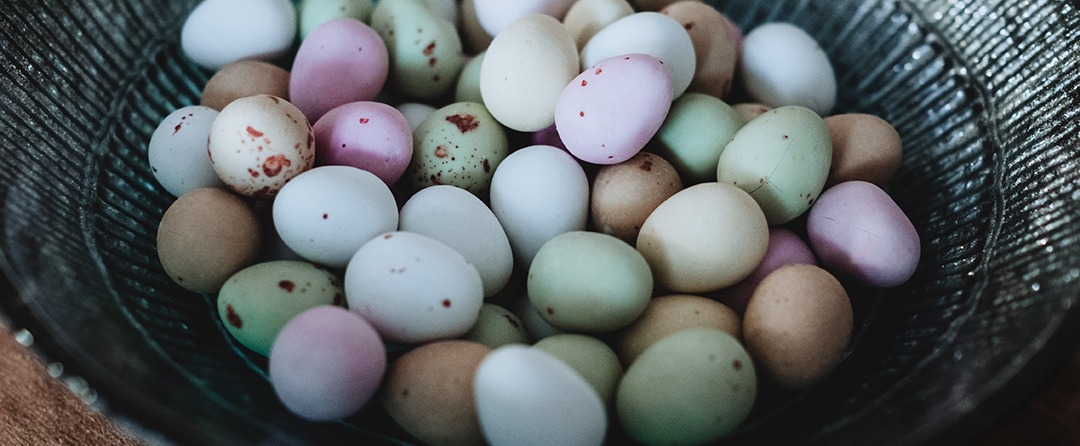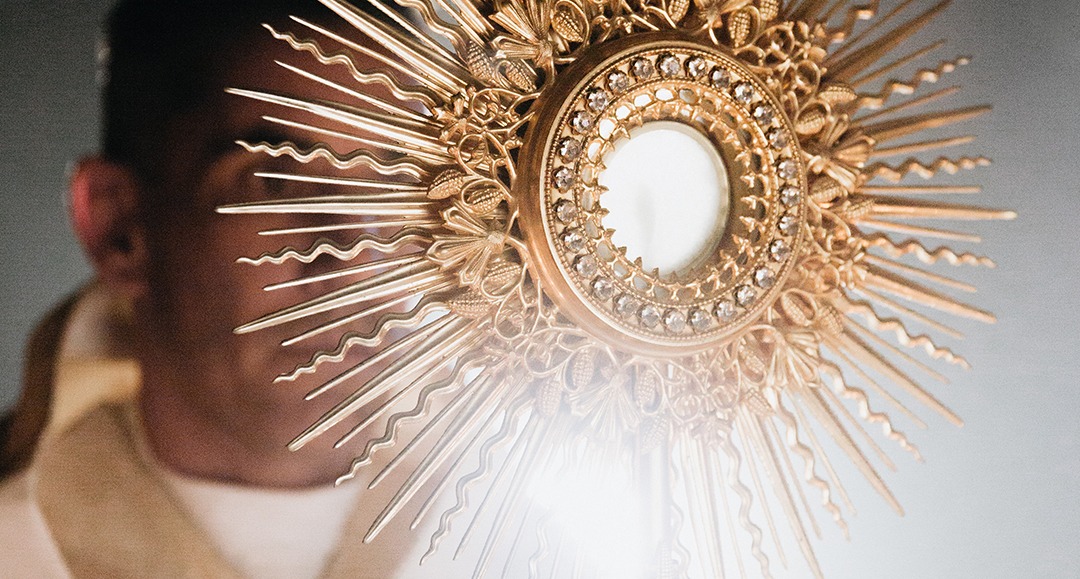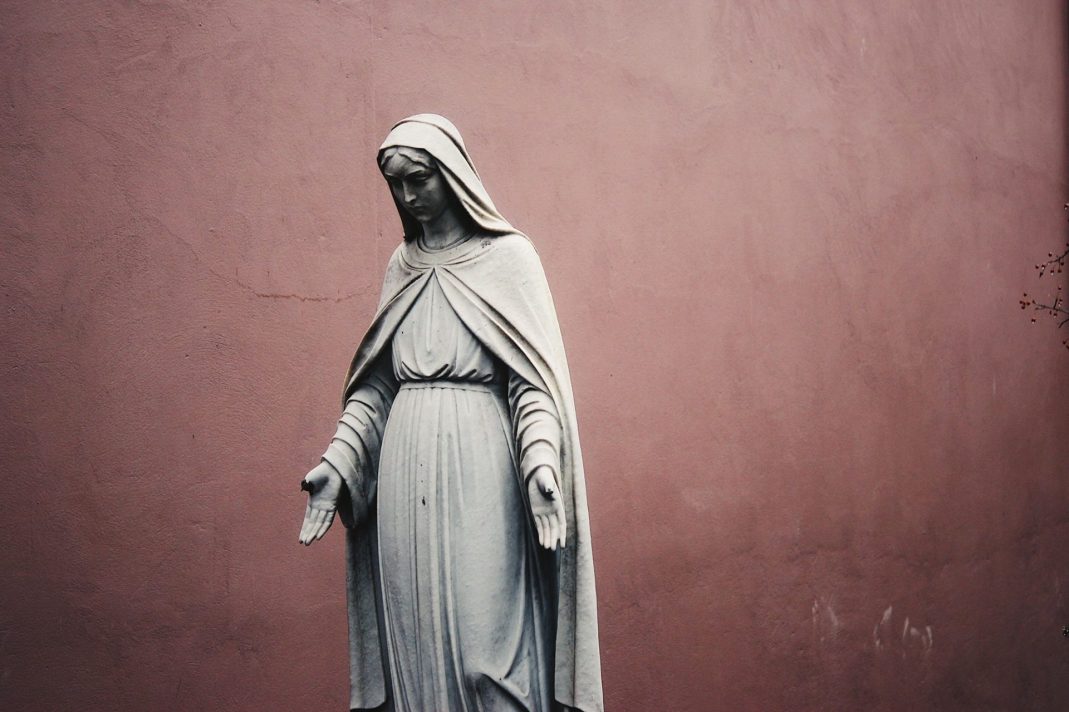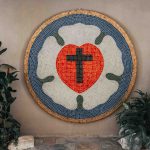¿Qué fiesta católica es hoy? – Click Here to See!
Holiday Checker <- See if there’s a holiday today!
Most of the holidays celebrated by Catholics are in conjunction with their doctrinal teachings while others are based on Biblical accounts. As such, some of the holidays are celebrated by other Christian denominations as well.
However, Catholicism is somewhat unique when it comes to the celebration of holidays in that almost every day of the calendar marks a celebration.
In addition to this, Catholicism holidays vary in importance, meaning some days are considered holy by the adherents of the church.
Holy Days of Obligation
According to Catholicism beliefs, holy days of obligation are the most important in the catholic calendar. That being said, Catholics from different parts of the world honor the holy days of obligation by attending mass.
Also, adherents may or may not refrain from unnecessary work when commemorating holy days of obligation. This gives members of the church enough time to meditate and gain a deeper understanding when celebrating certain holy days.
Plus, the church provides clear instructions that guide members on how they should honor the holy days of obligation.
The adherents may also take part in religious rituals that are associated with a specific holiday. This is done to remind the believers about their faith-based values and what the Catholic Church stands for as a whole.
Besides, most of the holy days of obligation celebrate the life of Jesus Christ and his miraculous works during his time on earth. Also, Catholics honor historical saints on different days of the year to show their importance in Catholicism.
Aside from the saints and Jesus Christ, Catholics honor Mary and consider her the mother of God. As such, some of the holiday celebrations are in accordance with Catholicism beliefs about Mary.
Holy Days on the Catholic Calendar
1. Solemnity of Mary
- The Solemnity of Mary, also known as the Feast of Mary, is a religious celebration that is observed by Catholics on the first day of January every year.
- This holiday is aimed at celebrating Mary’s motherhood and the role that she played in the life of Jesus Christ.
- The solemnity of Mary is very important to Catholics since they have great adoration for Mary. And that is why the church considers the Feast of Mary a holy day of obligation, meaning the adherents are required to attend mass.
- Catholics consider Mary to be immensely blessed (Luke 1:48) “For he hath regarded the low estate of his handmaiden: for, behold, from henceforth all generations shall call me blessed”
“For he hath regarded the low estate of his handmaiden: for, behold, from henceforth all generations shall call me blessed”
2. The Feast of the Epiphany
- Celebrated in January, the Feast of the Epiphany commemorates the visit of the three wise men that went to see Jesus Christ when he was still a newborn in Bethlehem.
- This holy day marks the last days of the Christmastide season and is honored by Catholics from different parts of the world
3. Ash Wednesday
- Ash Wednesday is celebrated just a few weeks before Easter.
- During the celebration, Catholics recognize Christ’s 40-day and night fasting when he was in the wilderness.
- This holiday is associated with prayer, fasting, and sacrifice and is celebrated by most denominations under the Christian religion.
4. Palm Sunday
- According to Catholicism beliefs, Palm Sunday commemorates the triumphant entry of Jesus into Jerusalem.
- As the name suggests, this holiday is celebrated on Sundays, and members of the Catholic Church can attend mass to honor the beginning of Christ’s final week with his apostles.
- Catholics also carry palm branches as a re-enactment to show how the crowd welcomed Jesus Christ as he rode the mule into Jerusalem.
5. Corpus Christi
- The term ‘Corpus Christi’ is a Latin phrase used to refer to the body of Jesus Christ.
- During this festival day, Catholics honor Christ’s body through the Eucharist.
- Depending on the calendar, Corpus Christi can be celebrated in mid-June or late May.
6. Easter
- Easter is not only celebrated by Catholics but also other Christian denominations.
- According to Christian doctrine, Easter marks the day that Jesus Christ overcame death through his resurrection. As such, it has great religious significance to Catholics and Christianity as a whole.
- This holiday falls between May and April and is commemorated the world over by Catholics through attendance of mass.
7. Saint Francis of Assisi
- Saint Francis is one of the most renowned saints in the Catholic Church. Catholics believe that he lived a life that is full of devotion to God and the church.
- In addition to living an interesting life, Saint Francis was a teacher and philosopher. The day of Saint Francis of Assisi is commemorated on the 4th of October.
8. The Feast of the Assumption
- According to Catholicism beliefs, Mary, the mother of Jesus Christ, ascended into heaven both body and soul.
- Catholics celebrate this day to honor Mary and the events that led to her ascension.
9. Maundy Thursday
- Maundy Thursday, or Holy Thursday, is celebrated to commemorate the last supper. Catholics honor this day by attending mass and engaging in prayer.
- Additionally, Catholics celebrate this day to honor Christ’s act of humility when he washed his disciples’ feet before the last supper. This holy day is celebrated a few days before Easter.
10. All Saints’ Day
- In Catholicism, All Saints’ Day commemorates the saints and the work that they did in helping Christ in his ministry.
- Catholic adherents from different cultures have different ways of honoring this day.
11. Christmas Day
- Celebrated on 25 December of each year, Christmas is one of the highly honored holy days in Catholicism.
- According to Catholics, this day marks the birth of Jesus Christ and is mainly celebrated by people in the western part of the world.
- On this day, Catholics attend mass and can also receive the Holy Communion.
Note: These are just but some of the holidays and festivals celebrated by Catholics. There are other days on the catholic calendar that adherents consider important.
Why are there are so many catholicism holidays?
 There are several reasons why Catholics have so many religious holidays. As an institution, the Catholic Church is the oldest religious organization in the western part of the world.
There are several reasons why Catholics have so many religious holidays. As an institution, the Catholic Church is the oldest religious organization in the western part of the world.
In fact, the church has a history that is more than 2000 years old. And this has given it enough time to grow in all aspects.
Additionally, Catholics have a stable institutional structure that is based on faith and Bible teachings. Those leading the church have an in-depth understanding of biblical accounts, especially those that cover the life of Jesus Christ and his disciples.
By basing their teachings on these accounts, the church has been able to come up with holidays that honor the lives of those who played crucial roles in the establishment of the early church.
Also, most of the holidays set Catholics apart from other denominations that are under Christianity. Besides, some of the holidays are celebrated by other Christian groups, but the difference comes in the way the day is honored and the religious activities that the members engage in.
Below are some of the reasons why Catholics celebrate holidays;

- Catholicism Holidays Have Religious Significance
-As mentioned earlier, the holidays celebrated by Catholics not only have religious origins but are also important to the adherents of the church.
-By celebrating these holidays Catholics show their appreciation and honor for Christ and the church. As such, all Catholicism holidays are imbued with some religious significance.
- Strengthen Faith
-Since most of the holidays remind Catholics about Jesus Christ, Mary, and the Saints, the adherents can cultivate faith through their works and teachings.
-In addition to this, the celebration of holidays allows members to show their commitment to the church and the structure that has been put in place by the church leaders.
Final Verdict
Each Catholicism holiday has some religious significance to the believers. Additionally, most of these holidays have been around for centuries, so all members of the church understand their meanings and importance. And that is exactly why the adherents are committed to the church and what it stands for.
As you may have noticed, each of the holidays is celebrated differently. While some require the adherents to attend mass, most holidays in Catholicism can be celebrated individually by members of the church.
When celebrating religious holidays, Catholics also familiarize themselves with crucial doctrinal teachings that form the basic foundation of their beliefs. That way, the doctrinal teachings of the Catholic Church can be passed from one generation to the next.
Frequently Asked Questions
What is the difference between Holy days and holidays in Catholicism?
The former is marked by religious obligations, while the latter is not.
How many holy days of Obligation do Catholics have?
According to Catholics, there are only 10 days of holy obligation. Most of the holidays on the catholic calendar are festivals.
What are the Catholic holy days in 2021?
You can get all the information that you need from the official Roman calendar.
A Guide to Catholic Holidays and Festivals <— New article here.





2 comments